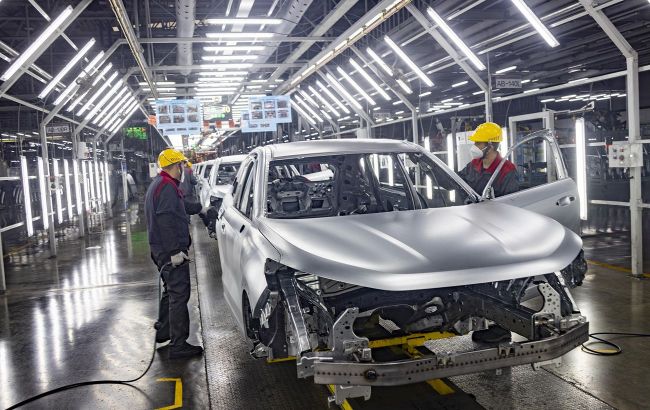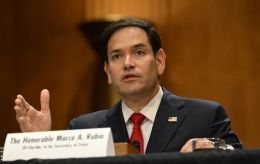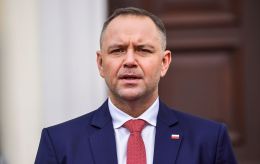Japan ready to make serious concession for tariff deal with US
 Japan will lower car safety requirements due to US tariffs (Illustrative photo: Getty Images)
Japan will lower car safety requirements due to US tariffs (Illustrative photo: Getty Images)
Under pressure from the US, Japan may change its car safety standards and expand imports, according to Bloomberg.
The Japanese government is considering revising car safety regulations to reach a customs tariff agreement with US President Donald Trump.
The head of the Japanese delegation, Ryosei Akazawa, began tariff negotiations with American counterparts in Washington last week. Preparations are now underway for the second round of talks.
American car manufacturers have long complained about non-tariff barriers blocking access to the Japanese market, particularly stringent safety standards.
In a report from the US Trade Representative in March, it was mentioned that Japan does not accept the certification of American safety standards as equivalent to its own, with unique testing protocols and obstacles to creating distribution and service networks.
The Japanese government believes there is room to soften some of the safety criteria in the country, particularly the rules for crash safety testing of vehicles.
The government also noted that Tokyo aims to increase rice imports as part of its negotiating strategy.
Additionally, this week in Washington, the annual meetings of the International Monetary Fund and World Bank are starting, and Finance Minister Katsunobu Kato is making final preparations for talks with US Treasury Secretary Steven Mnuchin on April 24.
This meeting raises speculation that the weakness of the yen could become a topic of discussion within the framework of a bilateral agreement.
US customs tariffs on imports from Japan
In early April, Donald Trump imposed tariffs on imports to the US from more than 180 countries. Specifically, Japan faced a 25% tariff on imports of steel, aluminum, and cars.
Later, Trump suspended the new tariffs for three months and set a uniform tariff rate of 10% for all countries.
Japan was one of the first to begin negotiations with the US regarding import tariffs. Following the latest meeting, Washington agreed to reach an agreement before the expiration of 90% of the mutual tariff delay.
Earlier, Japanese Prime Minister Shigeru Ishiba stated that American tariffs could seriously harm the global economic order.

